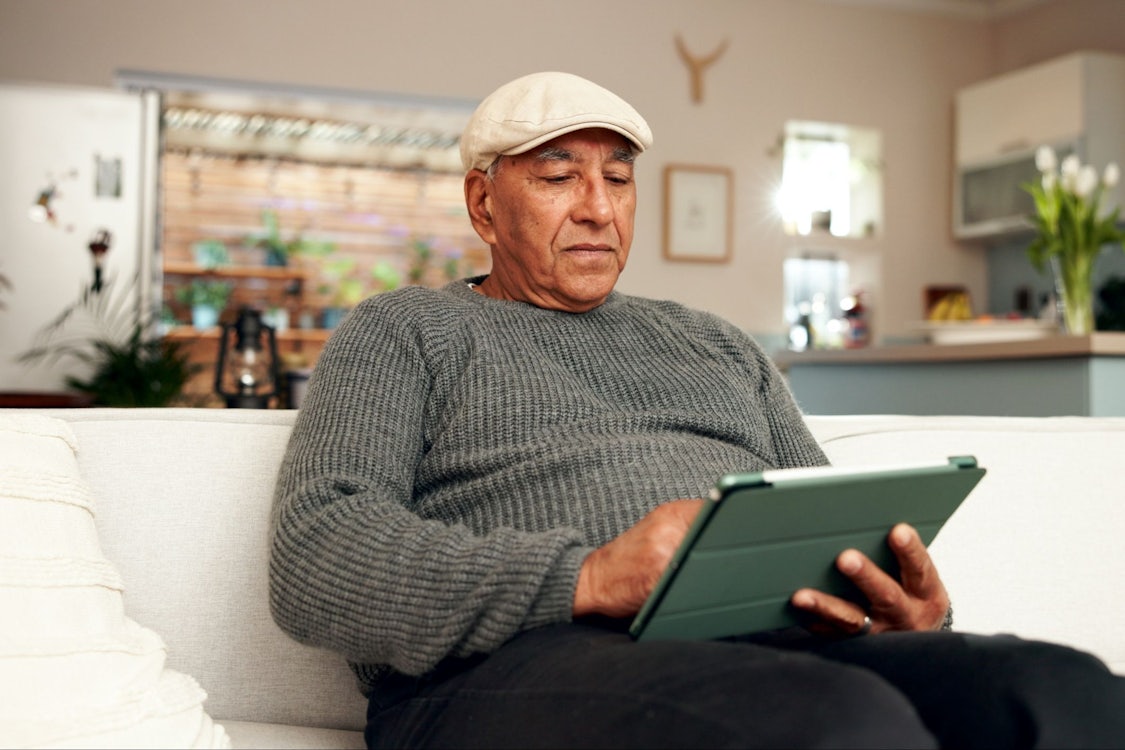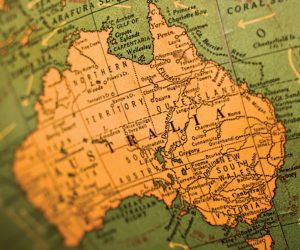Up to 33 percent of older Aussies could be at risk of gambling harm | Aged Care Guide

- by Admin
- July 16, 2024

With older Australians having more free time than their younger peers, many are using online gambling for entertainment. [Source: Shutterstock]
Key points:
- The Australian Government has announced the release of an Issues Paper to review current legislation about online keno and foreign-matched lotteries
- More older adults engage in online gambling at least once a month, according to the Royal College of Psychiatrists
- Eight percent of older adults who gamble are at a ‘problematic gambling level,’ as explored by researchers in one study
A review into online gambling regulations in Australia has been recently announced by the Australian Government to better protect people vulnerable to dangerous gambling habits.
Approximately 33 percent of men and 23 percent of women aged 55 or older are at ‘risk of experiencing gambling harm’, as per recent data from the Australian Institute of Health and Welfare.
Australians aged 55 years and over are more likely to gamble through lotteries and instant scratch tickets compared to younger age groups, as per recent data from the Australian Institute of Health and Welfare.
Different types of gambling include race betting, bingo, casino table games, instant scratch tickets and keno. Gambling can be done in person or online.
However, more people aged 65 and over engage in online gambling at least once a month compared to 2019, as per information from the Royal College of Psychiatrists.
Keno gambling involves selecting numbers that need to match numbers that are drawn at a later time. While this can be played in certain casinos, clubs and pubs, an increasing number of online keno and foreign-matched lottery options are available but are not well-regulated.
Foreign-matched lotteries allow Australians to participate in lotteries run in other countries.
The Government’s recently released Issues Paper covers aspects of gambling, including the related risks to Australians, and includes:
- how online keno and foreign-matched lotteries affect Australians;
- the negative experiences for people engaging in online gambling;
- suggestions for policy options which may include credit and digital payment bans.
Essential discussions will occur during the review of the Issues Paper with input from numerous industries including community and charity peak bodies, advocates and the wagering industry.
Minister Amanda Rishworth highlighted how the Australian Government is reviewing proposed changes to gambling regulations to protect Australians.
“Our government takes gambling harm seriously and we are committed to protecting consumers, including their families and the community, from gambling-related harm,” she said
“This includes continuous review and work to address all drivers of gambling harm such as the regulation of online keno and foreign-matches lotteries.”
Some of the Australian gambling safety measures already in place include:
- a register for at-risk gambling Australians to self-exclude themselves from online promotions, called BetStop;
- prevention of credit cards being used for online betting;
- customers of online wagering companies must receive monthly updates on personal wins and losses.
Minister Michelle Rowland commented on the impact of online betting and the damage that gambling can cause.
“The growth and availability of online keno and foreign-matched lotteries is particularly concerning. It is important to understand the impact these two products are having on the community, including vulnerable Australians and small businesses,” said Ms Rowland.
“Feedback will ensure any changes the Government may make are well-balanced and fit-for-purpose, and the Terms of Reference will help guide any future changes Government might make.”
Researchers suggest that some older adults may choose to gamble when they have ‘less social support and mobility, and higher levels of mental or physical health problems’ as some gambling experiences provide social participation in lively environments.
Almost 20 percent of Australians over the age of 75 years old report feeling lonely, which can negatively affect mental and physical health.
However, eight percent of older adults who gamble are at a ‘problematic gambling level,’ as explored by researchers in one study.
Gambling becomes a problem when a person experiences any of the following:
- always thinking about gambling;
- feeling a lack of control over gambling;
- gambling to try and win lost money back;
- experiencing related bankruptcy;
- having related family problems.
If you are worried about the gambling habits of yourself or someone else, help is available. Gambling Help Online provides free online support 24/7 all over Australia. You can chat with a trained counsellor, assess your gambling risk and access self-help resources.
Alternatively, you can call the National Gambling Helpline 24/7 for free and confidential support on 1800 858 858.
What are your thoughts on gambling as an older Australian?
Let the team at Talking Aged Care know on social media.
For more information and news in the aged care industry, subscribe to our free newsletter.
Relevant content:
Medication safety could improve for more than 60 percent of Aussies in aged care homes
Could Micro Towns be the future of dementia care?
Eighty percent of older Aussies are not confident about their online safety
The Latest News
-
December 23, 2024This quiet Canadian will make you love YouTube golf again – Australian Golf Digest
-
December 23, 2024Guide Helps Australian Workers Expose Tech Wrongdoings
-
December 23, 2024PPHG achieves GSTC multi-site certification for all its Australian properties – Travel And Tour World
-
December 23, 2024Championship three-peat reward for ‘clinical’ Aussies | cricket.com.au
-
December 23, 2024Australian tennis star Purcell takes on voluntary provisional suspension for breaking anti-doping rules





